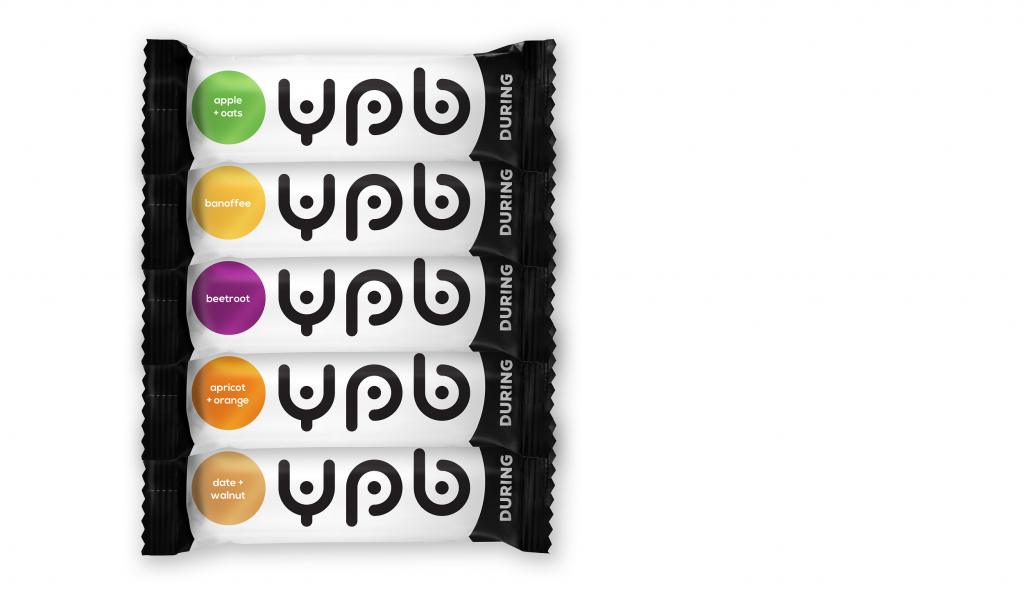
At YPB we believe in more than just enjoying your exercise and performing well. We are also in pursuit of longevity in our sport. That is why we chose to make our products with wholefood, plant-based ingredients and – as much as possible – from certified organic sources. But why?
There are lots of reasons – at YPB we have made our decisions on health, moral, ethical, sustainability grounds. Best sports nutrition evidence supports that the majority of dietary carbohydrate should come from whole grains, vegetables, fruits, etc. But for now, let’s talk health promotion!
There’s more and more research going into supplements and diets and how they affect our health. What we’re learning is that non-vitamin and non-mineral antioxidants (e.g., phytochemicals) in our food are responsible for the majority of antioxidant effects in our diet. In general, people who have diets rich in phytochemical-containing foods (fruits, vegetables, whole grains etc.) enjoy better health with lower risk of heart disease, cancer, diabetes, high blood pressure, and arthritis.
What about antioxidant supplements? Unfortunately, it seems these don’t have the full picture. While antioxidant supplements may give some benefit, scientific research proposes that any additional micronutrients should be just as the name suggests, supplemental to and not substituted for, a plant-based diet.
That means real food is better than the supplement containing the same stuff.
To explain just a little more on this, free radicals are chemicals that cause damage to your body’s cells. We all make free radicals all the time as part of normal metabolism, but your body also has ways to mop them up as soon as they are created. Antioxidant vitamins (C & E), carotenoids (give fruit & veg their colour), and minerals needed for antioxidant enzymes (zinc, magnesium, manganese, selenium) are essential in limiting free-radical reactions and the damage they can cause. Unfortunately, trials on supplemental antioxidants have struggled to show reduced risk of common diseases such as cardiovascular disease and cancer.
The evidence still supports a healthy overall diet as your source of antioxidant nutrients.

What about fibre in wholefood?
We all know that increasing the fibre in your diet is good for you. However, some people worry that eating foods rich in fibre might upset their stomach during exercise. That’s based on what we know about the GI system and what we think might happen while you digest it, but what we predict isn’t always the whole story.
Research on people doing intense, endurance exercise compared raisins, which are rich in fibre, to high-end energy products without fibre. There was no difference in exercise performance or GI problems between the groups; that’s great news! But just in case, YPB bars deliberately contain slightly less fibre than found in raisins, so they shouldn’t give you an upset stomach while you exercise and now you can get more fibre while you live Your Personal Best!
Which kind of energy? Chewies? Bars? Drinks?
Generally, you get more carbohydrate out of bars because they are denser. They’re also easier to eat on the go – we asked our YPB community what you wanted and that’s what you said! So we started with our YPB bars – we have more stuff on the way, shhh!

Regardless of the form, one of the problems we and others have found with a lot of sports nutrition companies is that it’s difficult to figure out how much carbohydrate you’re really getting. That’s where our personalisation comes in and we can recommend exactly what you need for each session.
Unfortunately, many sports nutrition products out there contain mainly glucose and don’t have a blend of carbohydrate sources. By using natural, wholefood ingredients in our bars, we are able to supply your body with a diverse array of carbohydrate sugars (specifically fructose and glucose mix). That means you can absorb greater amounts of carbohydrate more quickly throughout your session, with a lower risk of GI distress.
For more practical tips read on to the fourth and final Carbohydrate blog post!